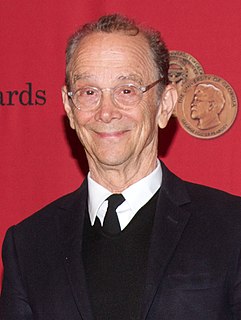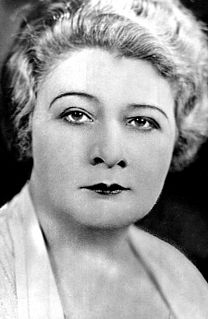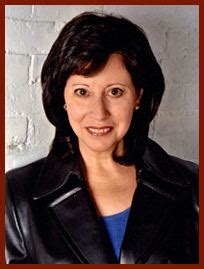A Quote by Joel Grey
Related Quotes
Even though I loved the song [My Yiddish Momme] and it was a sensational hit every time I sang it, I was always careful to use it only when I knew the majority of the house would understand Yiddish. However, you didn't have to be a Jew to be moved by 'My Yiddish Momme.' 'Mother' in any language means the same thing.
We all know of course, that we should never ever ever ever ever ever ever ever ever ever ever ever ever ever ever ever ever ever ever ever ever ever ever ever ever ever ever ever ever ever ever ever ever ever ever ever ever ever ever ever ever ever ever ever ever ever ever ever ever ever ever ever ever ever ever ever fiddle around in any way with electrical equipment. NEVER.
Rock 'n' roll says, 'Hey, man, this is where you can be normal,' and then after a while you grow up and you go, 'Wait a minute. Oh, by the way, I learned how to do these cool things, but I never learned how to speak my mind. I never learned how to express myself emotionally. I should have been paying attention more.'


































